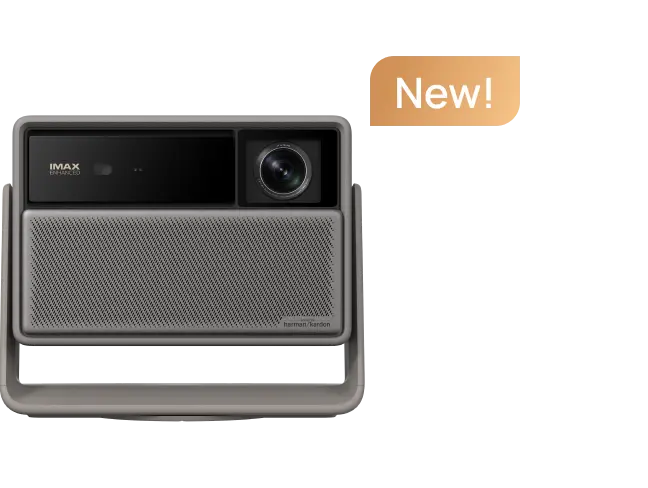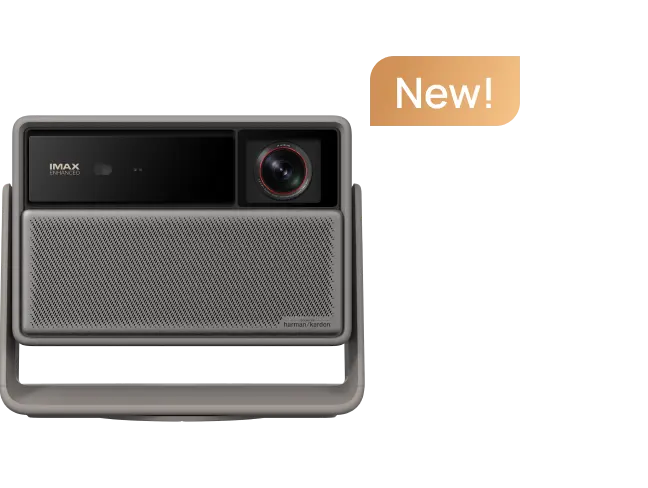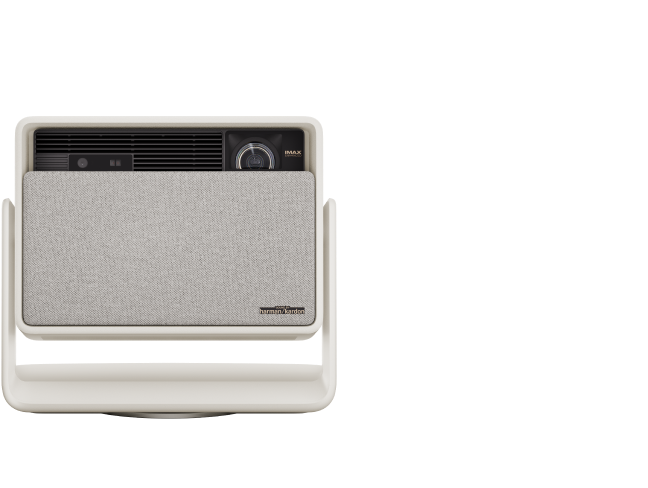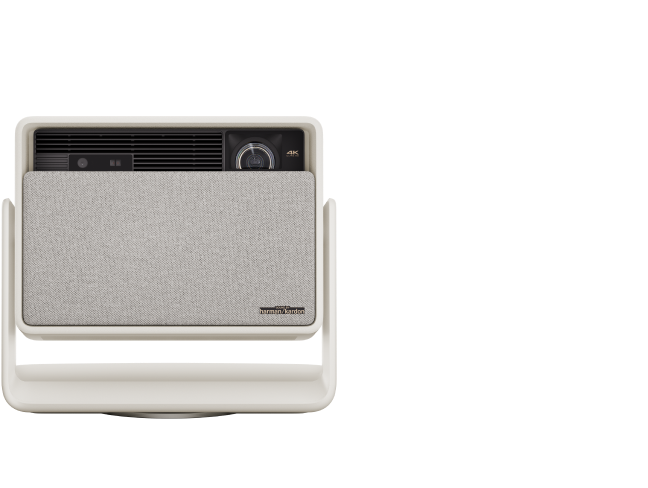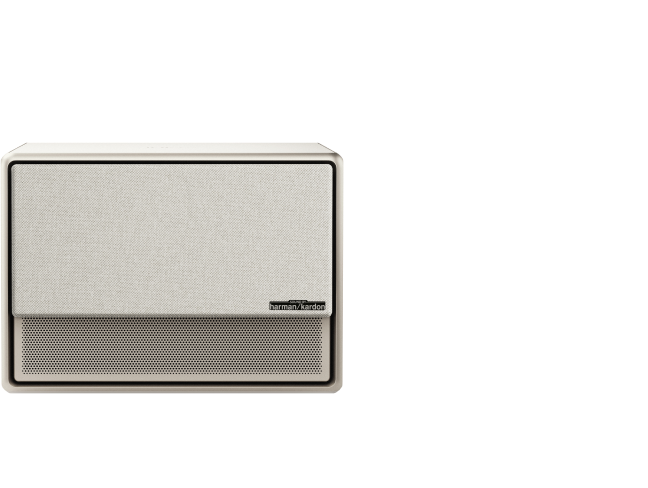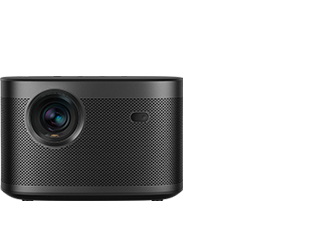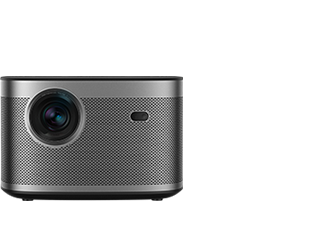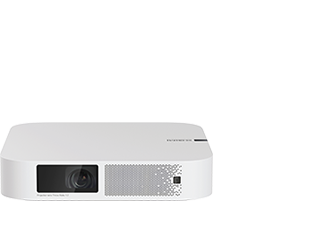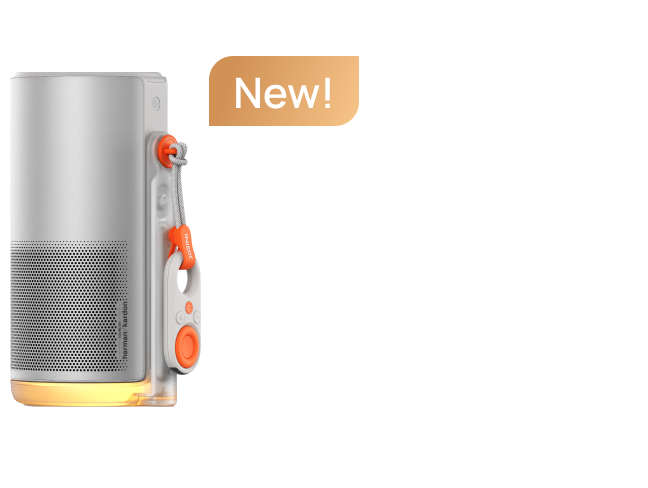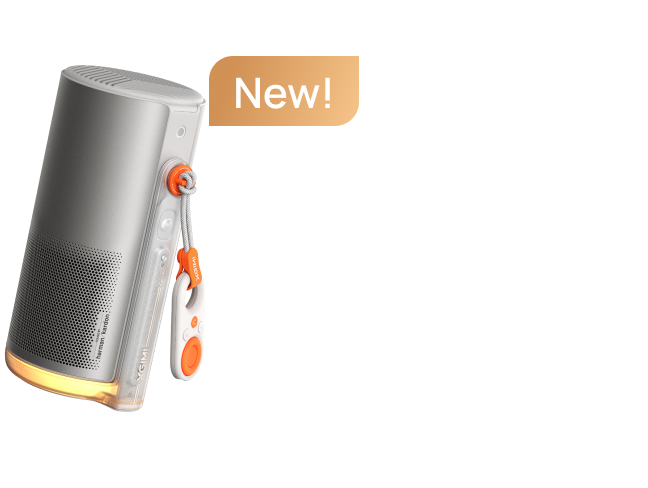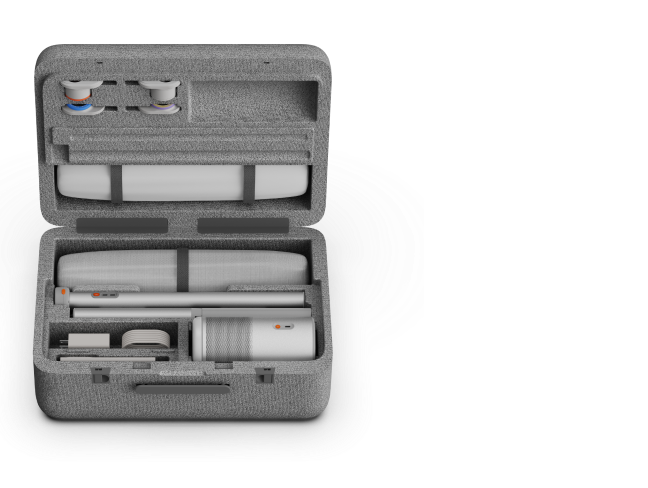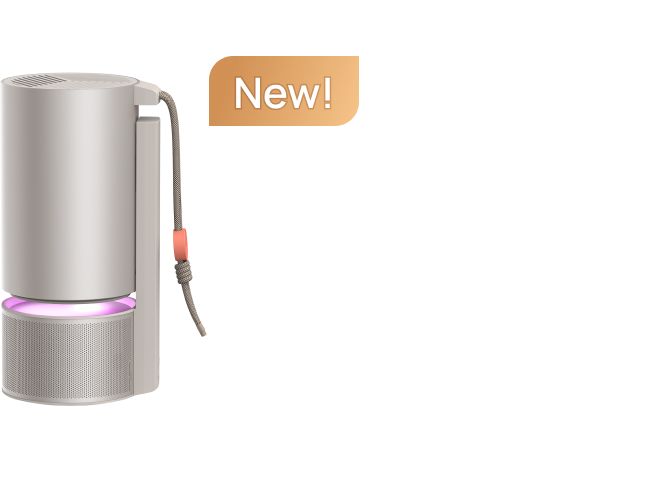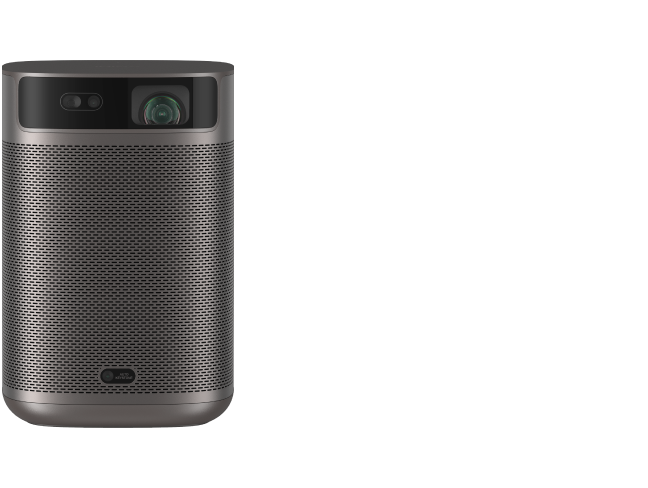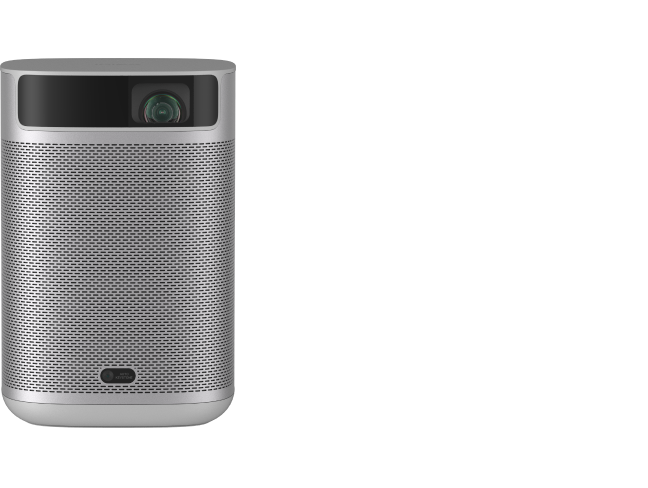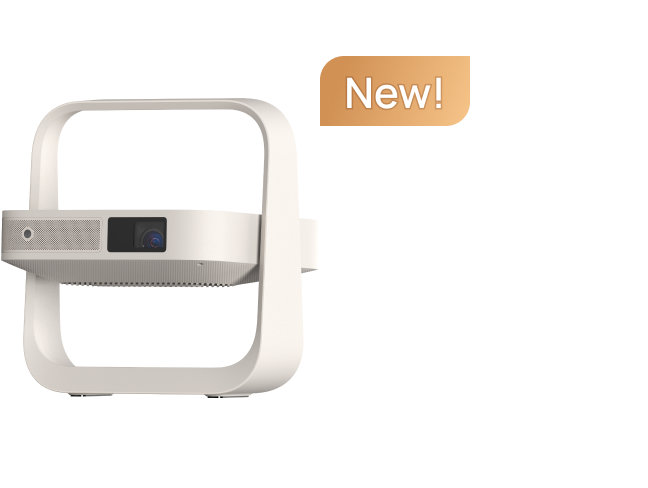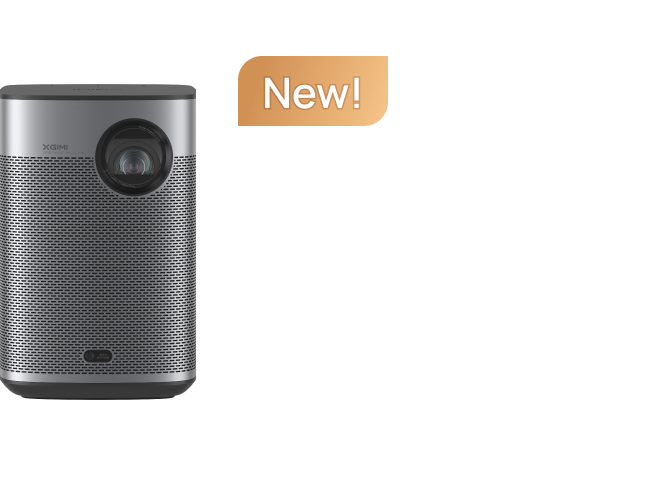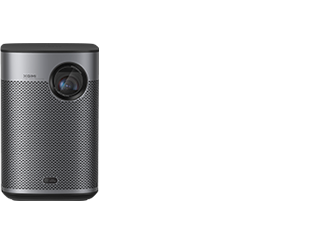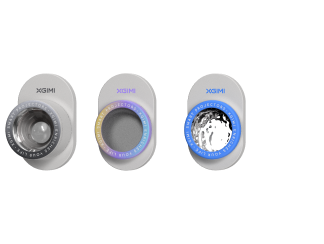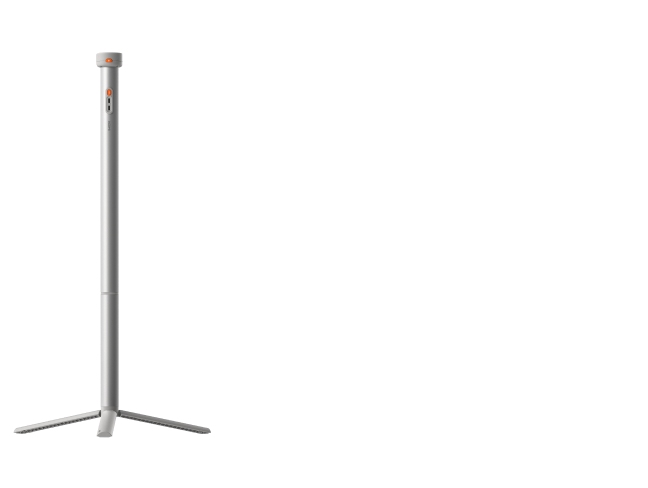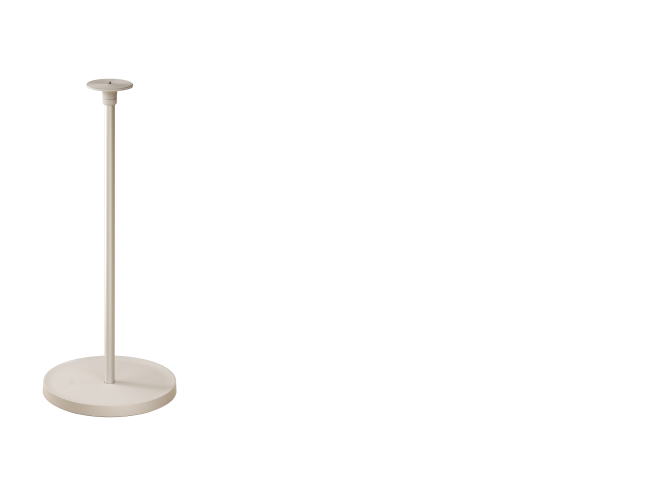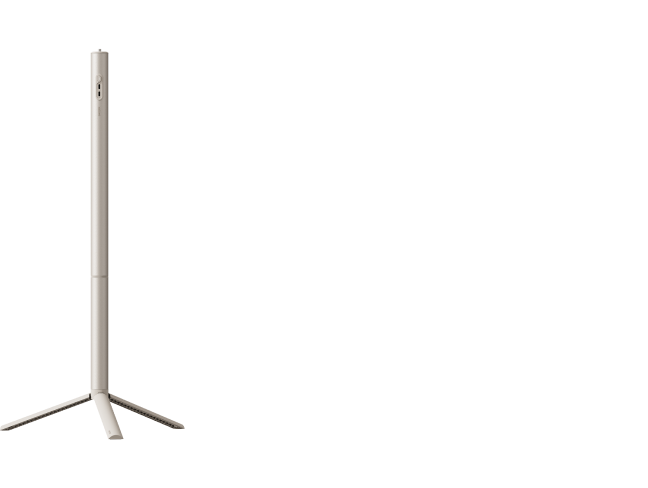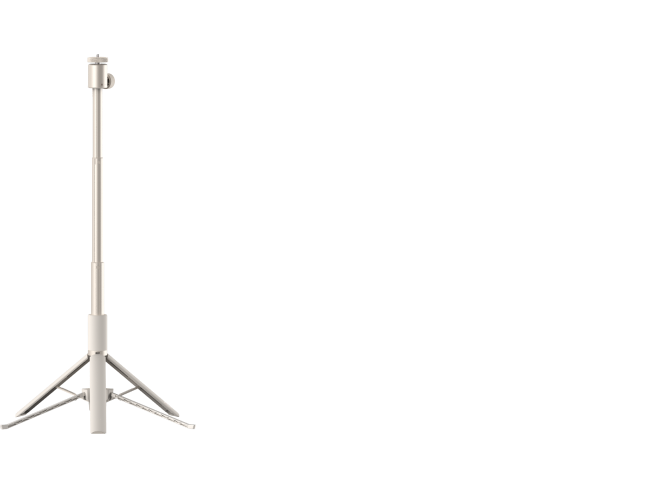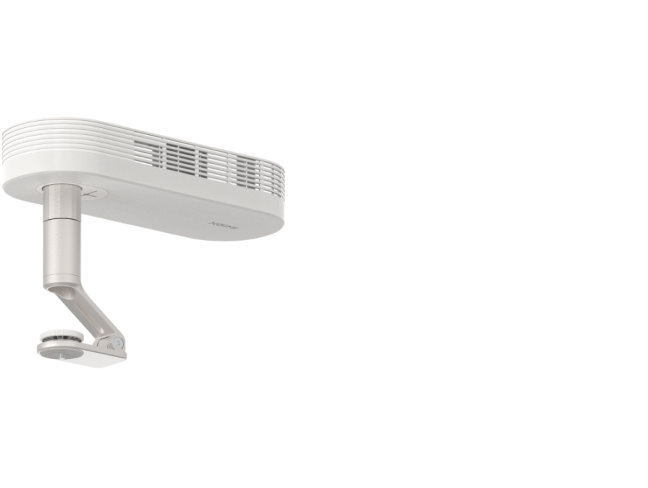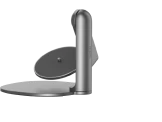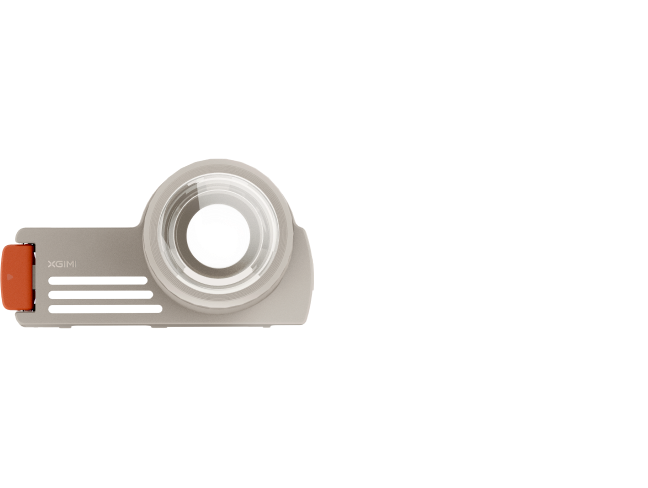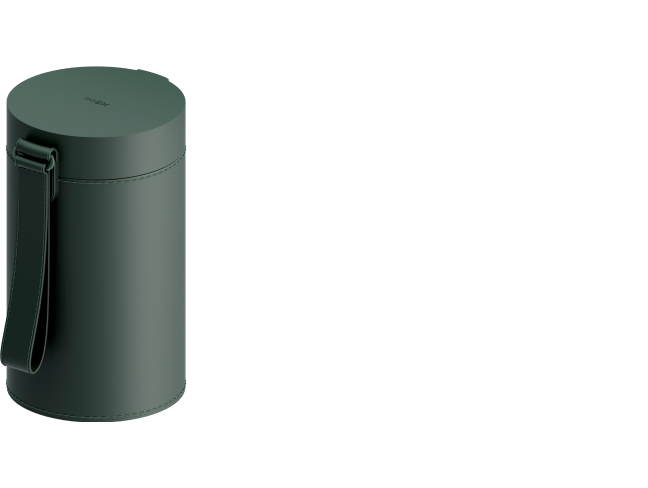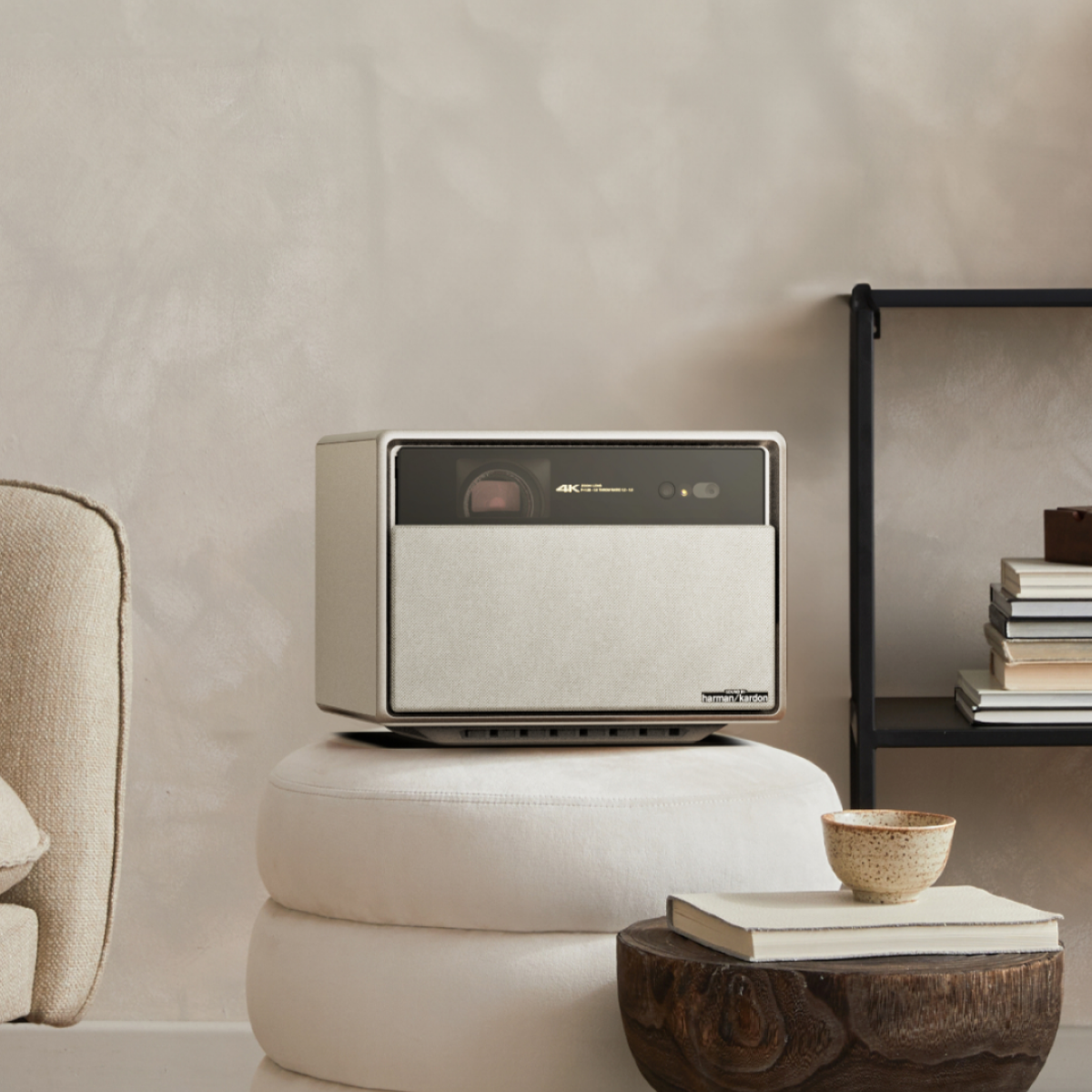TV or Projector for Conference room, Which One to Choose?
By Bill Gustin - 2024-09
A lot of conferences, meetings, and presentations in business could be boring. For this reason, it's critical to project graphs and numbers onto a screen to enhance audience engagement.
When creating a space for meetings, choosing between a television and a projector is essential since it impacts how well the business conversations and presentations run. TV or projector for conference room, which one is better? There is no universally accepted solution for this question---Unless you have the budget to buy both of them.
This blog examines these aspects to assist you in choosing the ideal display device for the meeting room. Continue reading to find out more about the benefits and drawbacks of each option.
What Should You Consider Before Choosing Between a TV and Projector for Conference Room?
TVs deliver exceptional clarity and detail, so they work best in well-lit environments. However, softer lighting is needed to improve visibility because projectors can handle bigger audiences due to their wide projection capabilities. Finding the perfect display equipment depends on several important factors, including the available budget, the size of the room, and the display quality.
1. Purchase Scale and Budget
Your budget will have an impact on the specs you select. A projector can be a more affordable choice if you want something larger than life, like something that is 100, 120, or even up to 200 inches. A TV, however, would be a better option if you don't need such a vast screen size. Your choice in this case will rely on the requirements you have in mind.
2. Conference Room Size
How big is the office meeting room in your company? Or you are planning for the large hotel conference rooms?
In a room that can hold thirty to fifty people, you need a large-scale display screen to provide a perfect vision for all attendees. In this circumstance, a ceiling-mounted projector for conference room that projectors 100 or 120 inches is the best option if you want to watch the forms and data clearly on a big screen.
While bigger alternatives like 85 inches or 98 inches are available, most TVs on the market are about 65 inches in size. They are more suitable for a small meeting space for a small group of about ten people.
3. Display Clarity
Projectors and TVs both have high-quality image resolutions. In a bright conference room, the projectors may not have the same degree of detail as smart TVs, which usually come with 4K resolution as standard. However, this problem can be made up by high brightness output. Also, the projectors have multiple choices of 720P, 1080p, and 4K resolution to display content on a bigger screen. For best effects, choose darker settings when using projectors with greater resolutions.

Why Select a Projector for Meeting Room?
1. Dimensions: The Projector is the Best Display for a Large Conference Room
The size of the display is the main benefit that projectors offer over televisions. For less money, projector screens may provide you with a significantly larger area on which to show your image. You would need to purchase a very costly video wall in order to get a conventional TV to match in size.
2. Ratio of Aspect: It Shows More Images On the Screen
The aspect ratio is another advantage of projectors over TV. While most flat-screen TVs utilize a 16:9 ratio, most current laptops use a 16:10 ratio. Because it's a taller format, the extra height lets you show more information on the screen simultaneously. Even while it might not seem like much, there is a noticeable change when you compare the PowerPoint presentations side by side.
3. Long-term Investment: It Has a Long Life Span for Using
An additional benefit is its extended lifespan, especially the laser projector for conference room. A high-quality laser projector can last for around 20,000 hours, and the projection screen should last for more, but a TV may only perform well for 4–6 years. The projector is future-proof since the internal system can be upgraded several times to the next generation of projectors. You would have to replace the entire TV much more frequently.
4. Portability: The projector and Screen Set Up for Conference is Flexible to Move
Nowadays, more and more projectors are designed to have small constructions. They are compact enough to put on the conference table and won’t take up a lot of space. You can mount it on the ceiling or put it away when it is not needed. In addition, you can take it for an on-the-go meeting and just try to project the content on a blank wall. Also, you may roll up the retractable screen when not in use to improve the room's aesthetics.
Why and How to Choose a TV for Your Business Conference?
1. It Displays Better in a Well-Lit Meeting Space
The fact that TVs perform better in well-lit spaces is a significant benefit they offer over projection displays. Televisions function in all lighting conditions, while some projectors for business meetings may perform better and display clearer in a dim room. Certain projector screens may operate in bright rooms due to their ability to reject ambient light.
2. The Smart TV for Office is Easy to Use and Set Up
The fact that a TV is one piece whereas a projector is usually made up of two parts including the screen and the projector. Therefore, the office TV display has the advantage of being simpler to assemble because there is just one piece and can start displaying quickly. Also, some of the smart TVs support touch-screen functions for efficient and flexible presentation and interaction.
3. TV is Sufficient for a Small Conference Room
While conference rooms in most companies require a large display, they don't necessarily require a huge screen. An 80-inch diagonal flatscreen will do for some purposes, but a TV will be more cost-effective while maintaining an equivalent level of visual quality for displays less than 80 inches.
Conclusion
TV or projector for office conference room, which to choose truly depends on how and where the visual display is used. A projector screen is always a better option if it will be utilized in a bigger conference room. You want a television in a smaller meeting room. Naturally, this varies case by case based on the room's dimensions, surrounding lighting, and intended usage of the displays as well.
Projector Recommendations
Just Play,
Your Way
Our Innovation, Your Style

Mini Size, Maximum Entertainment
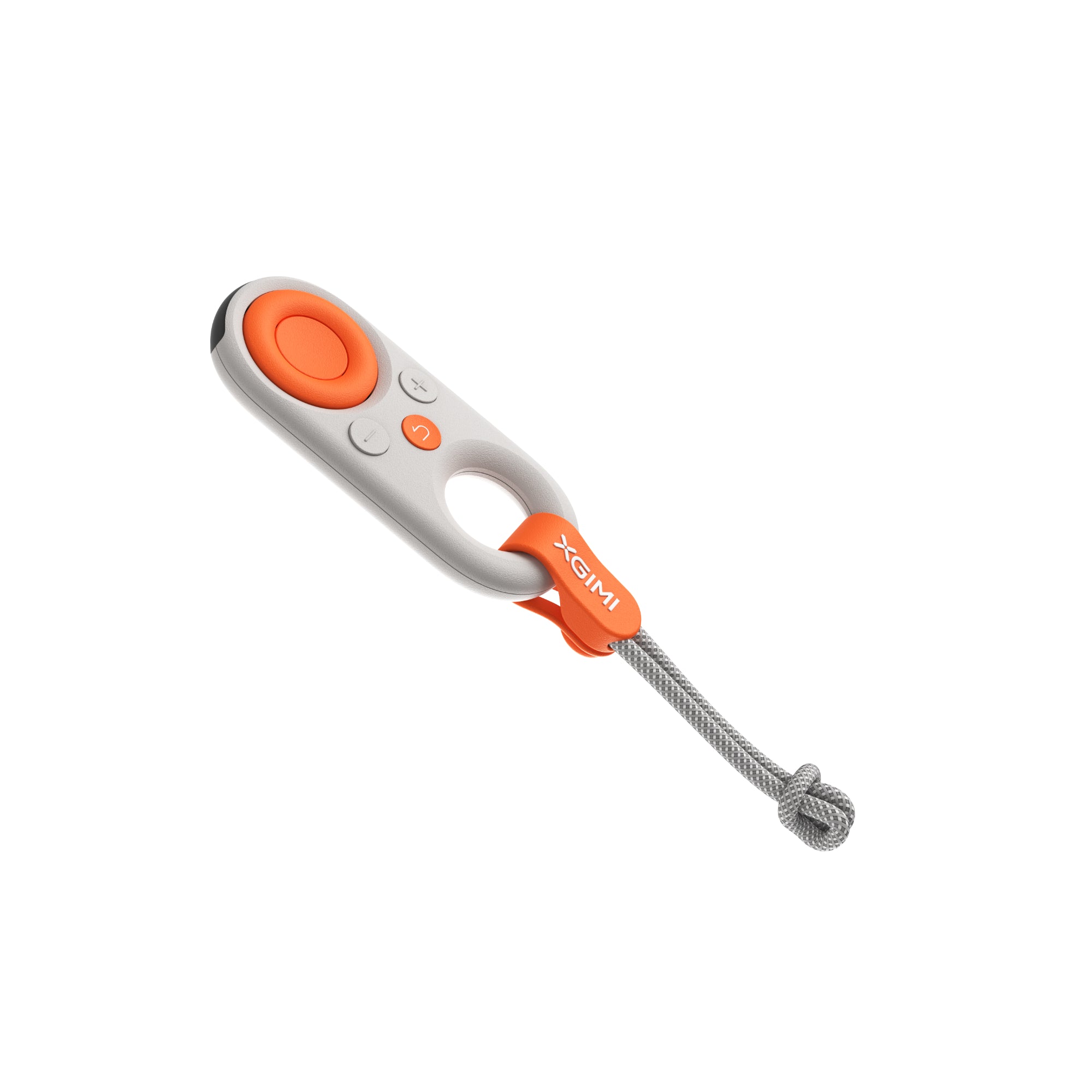
Mini Remote Control
Enjoy $50 off Your Next Purchase
Be the first to know about any news and sales!
*By subscribing, you agree to receive XGIMI's marketing emails and XGIMI's Privacy Policy.

